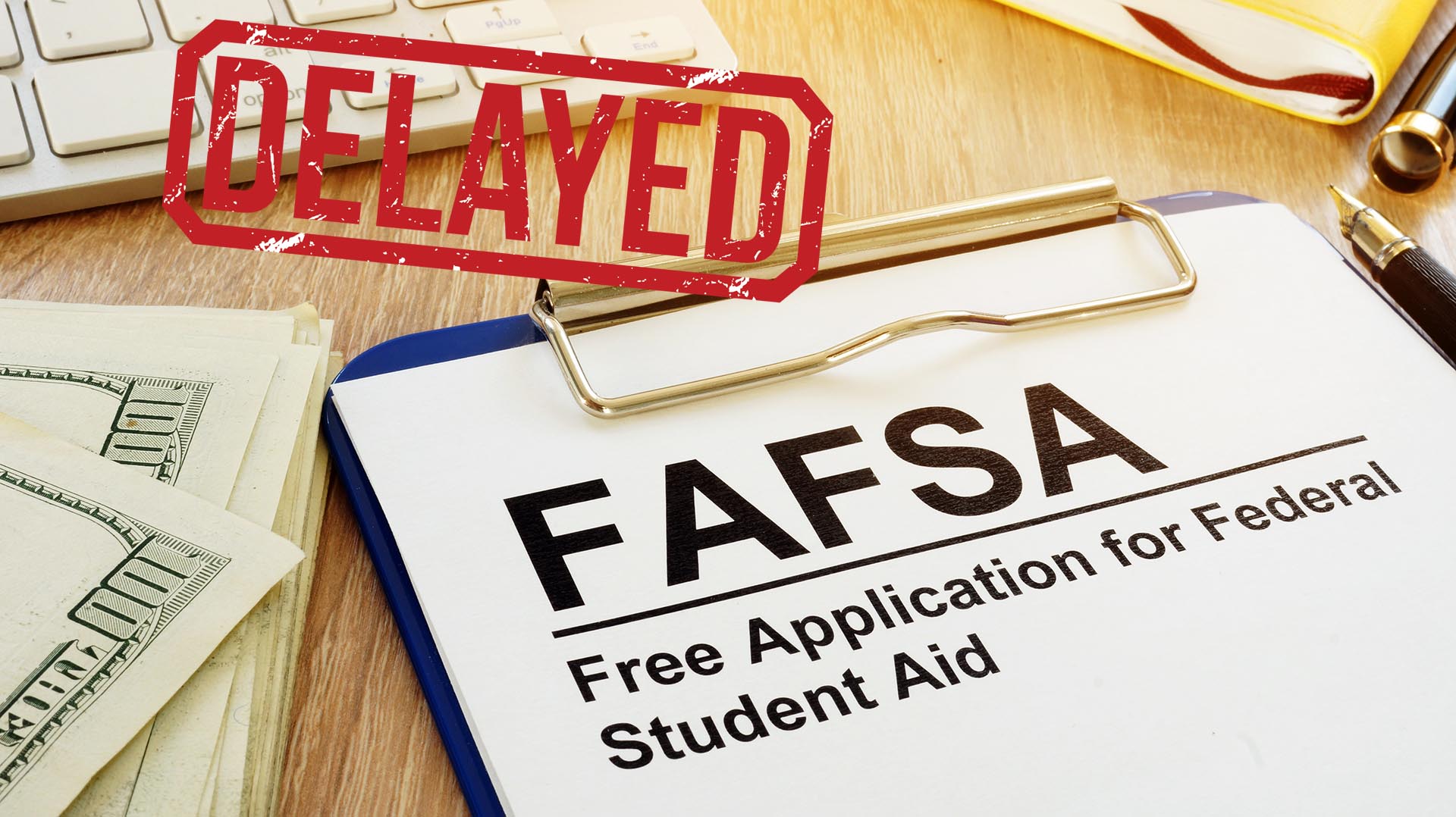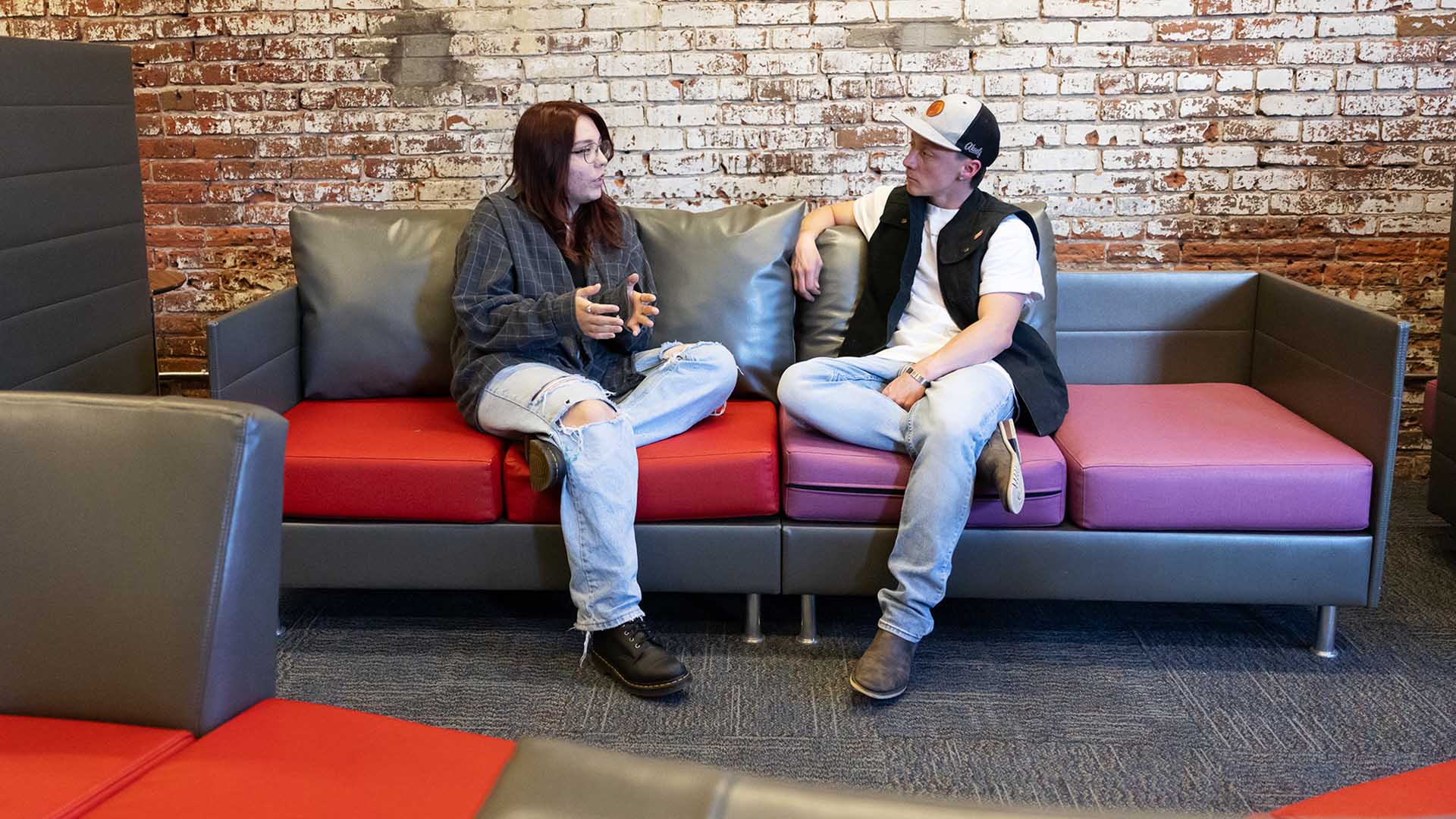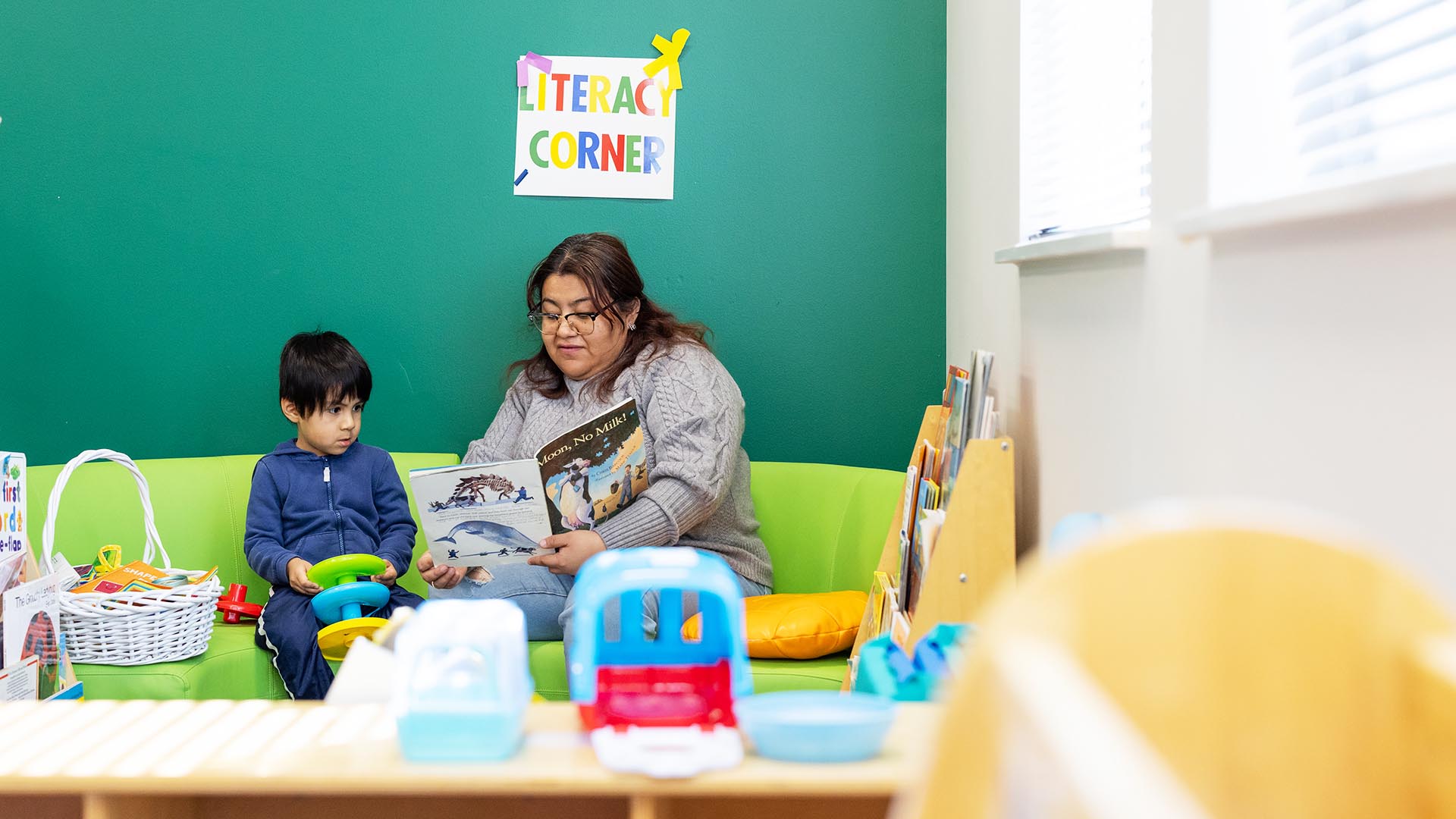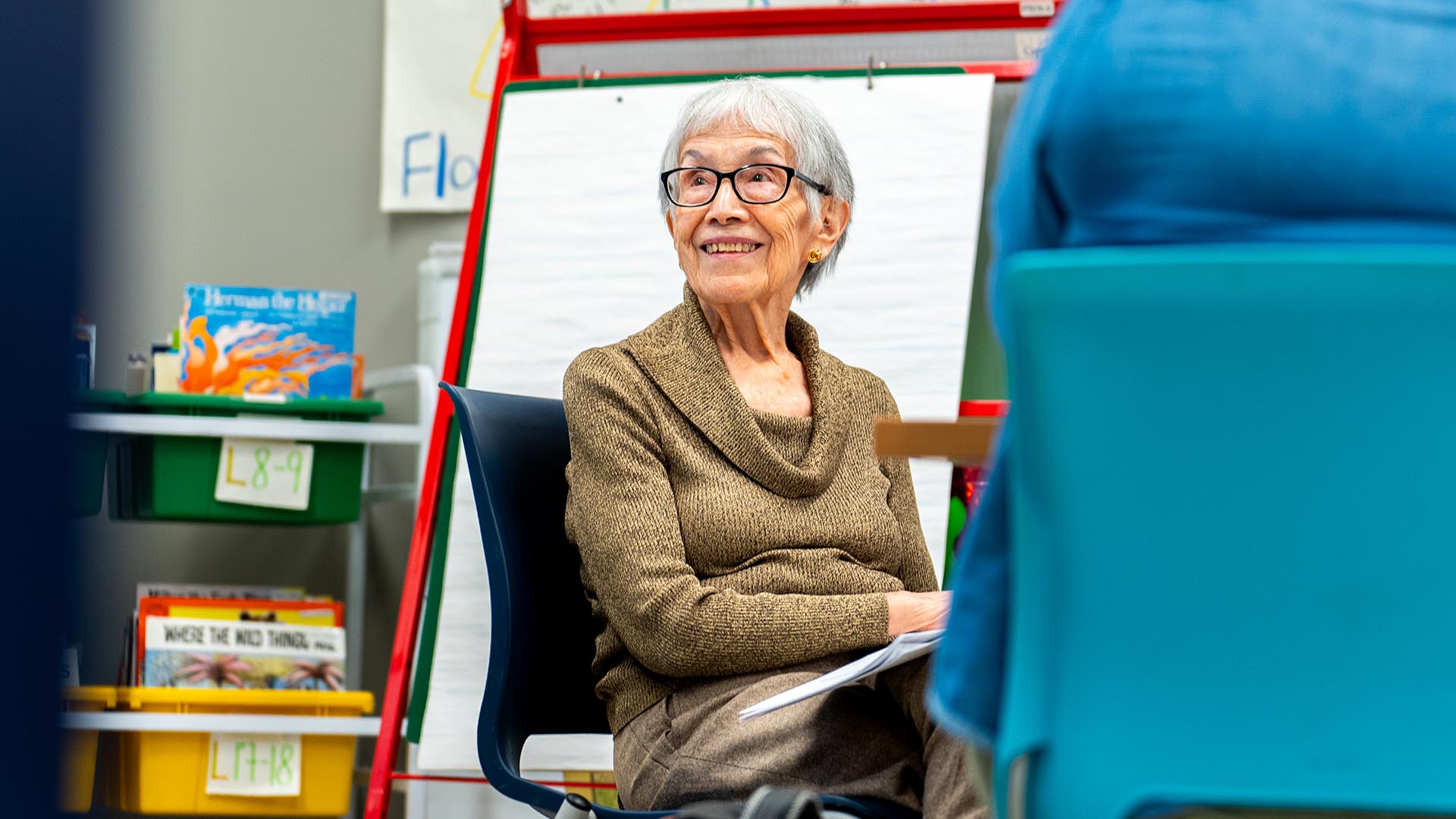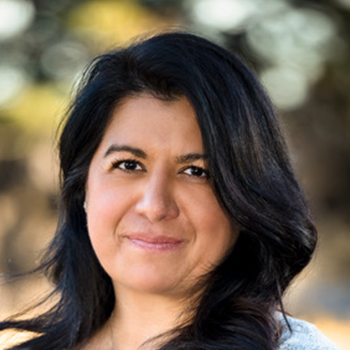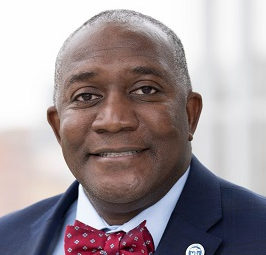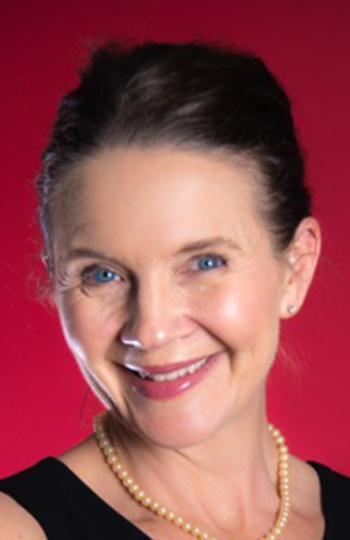Will schools open? Experts weigh in on what to expect in education this fall
As COVID-19 cases climb in Colorado, plans for the upcoming K-12 school year are evolving by the day. Here’s what education experts expect, and how the disruptions could affect students and teachers.

With COVID-19 cases again climbing across Colorado, the state’s largest school district, Denver Public Schools, announced Wednesday it would start the school year with remote learning until Oct. 16. The second largest district, Jeffco, is planning for remote instruction at least through Labor Day, while the next largest, Douglas County, will begin the fall with a hybrid schedule. Each district has a webpage dedicated to reopening updates, as does the Colorado Department of Education.
With the fall semester in flux and some teachers pushing for remote instruction until safety concerns are addressed, RED turned to experts from Metropolitan State University of Denver’s School of Education for insights into the upcoming school year. Here’s how Dean Elizabeth Hinde, Ph.D, and Megan Lawless, Ph.D., director of the Office of Clinical Experiences and Partnerships, see the school year playing out.
Fall plans are changing every week in school districts across Colorado. What can we expect in the fall?
EH: The (different plans for each district are) a reflection of local control of schools. This is a strength of American schools most of the time and actually is now, too, because (respective school districts) are being responsive to their communities. There will be situations where schools can open in communities with few COVID-19 infections; in communities experiencing an outbreak, schools should not open.
The social services that schools provide are essential. The economic impact of schools is essential. Learning – let’s not forget about that – is essential for children. But at the end of the day, it’s a health issue, and the virus has the biggest vote.
Do you have a sense that districts and teachers are more prepared for fall at the K-12 level after going through spring closures and having the summer to prepare?
ML: Let’s make no mistake about it: “Ready for fall” doesn’t exist. It’s like I tell our teacher candidates, “prepared to teach” is not really achievable either until you get in a classroom and you dive into it. You can work to be as prepared as possible. I don’t know that there’s any way that we can be fully ready for what fall might bring, but we are as prepared as possible.

There’s already a shortage of teachers in many districts. Will the pandemic cause more teachers to leave the field?
EH: We already had a shortage of teachers in many parts of the country, and this is going to make it so much worse because some teachers are going to say, “This isn’t worth it.” The teacher shortage is going to be exacerbated – that’s for sure.
ML: It’s important to remember that this pandemic comes on the heels of heightened incidents of school violence. The ways in which teachers’ jobs have changed, and what’s being asked of them in terms of being a first responder, is having an impact (on recruitment and retention). We will always have amazing and committed teachers, but I think it is really important for our society to understand what it is that we’re asking of teachers.
What are the expected long-term repercussions for students after a tenuous time in their education, both academically and for their social and emotional health?
EH: There will be learning loss. There is learning loss in summertime anyway, but anywhere between 20% and 35% of students haven’t been engaged in schoolwork at all since (schools shuttered in) March. Teachers are going to have to differentiate learning like never before, because you’re going to have the child over here who hasn’t seen a printed word in six months, while the child next to him has been reading and is on grade level or above.
Teachers must understand the effects of this huge disruption on every child’s learning. I think disruption is the bottom level of what we can call trauma because you’re going to have disruption for students ranging from getting back into “school mode” to addressing more intense, traumatic situations that some children have experienced. Early-childhood educators are sometimes called the first responders of trauma in children, and that’s going to be true for all teachers. They will need to have some skills for understanding and for recognizing how trauma is interfering with learning.
ML: (MSU Denver School of Education students) have been actively engaging and developing their understanding of trauma and their trauma-informed practices in pedagogy. I can’t tell you how many students have commented on where they would be without that understanding. To know that we had a director of trauma-informed practices and our partners at Resilient Futures readily available has been really invaluable for our candidates.

